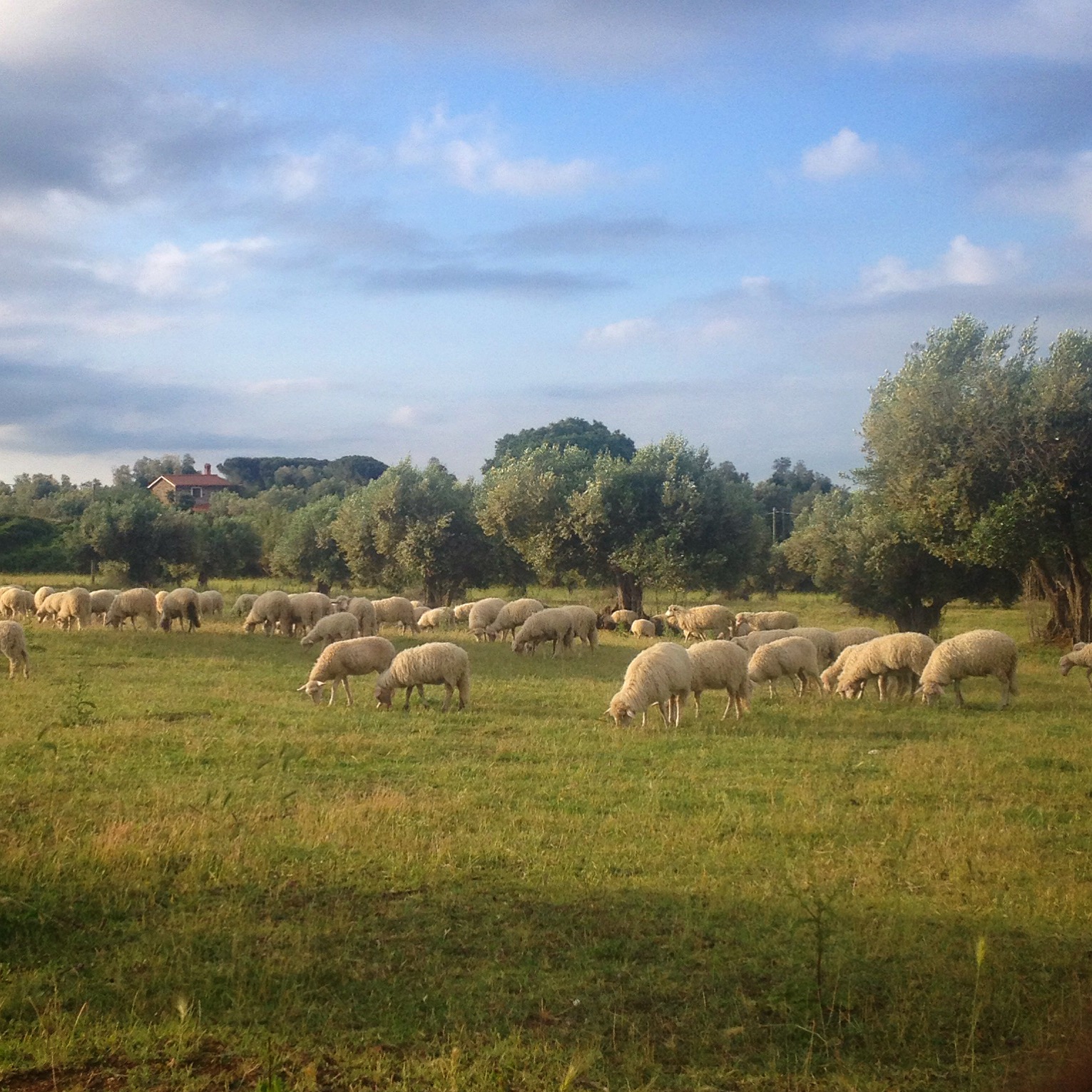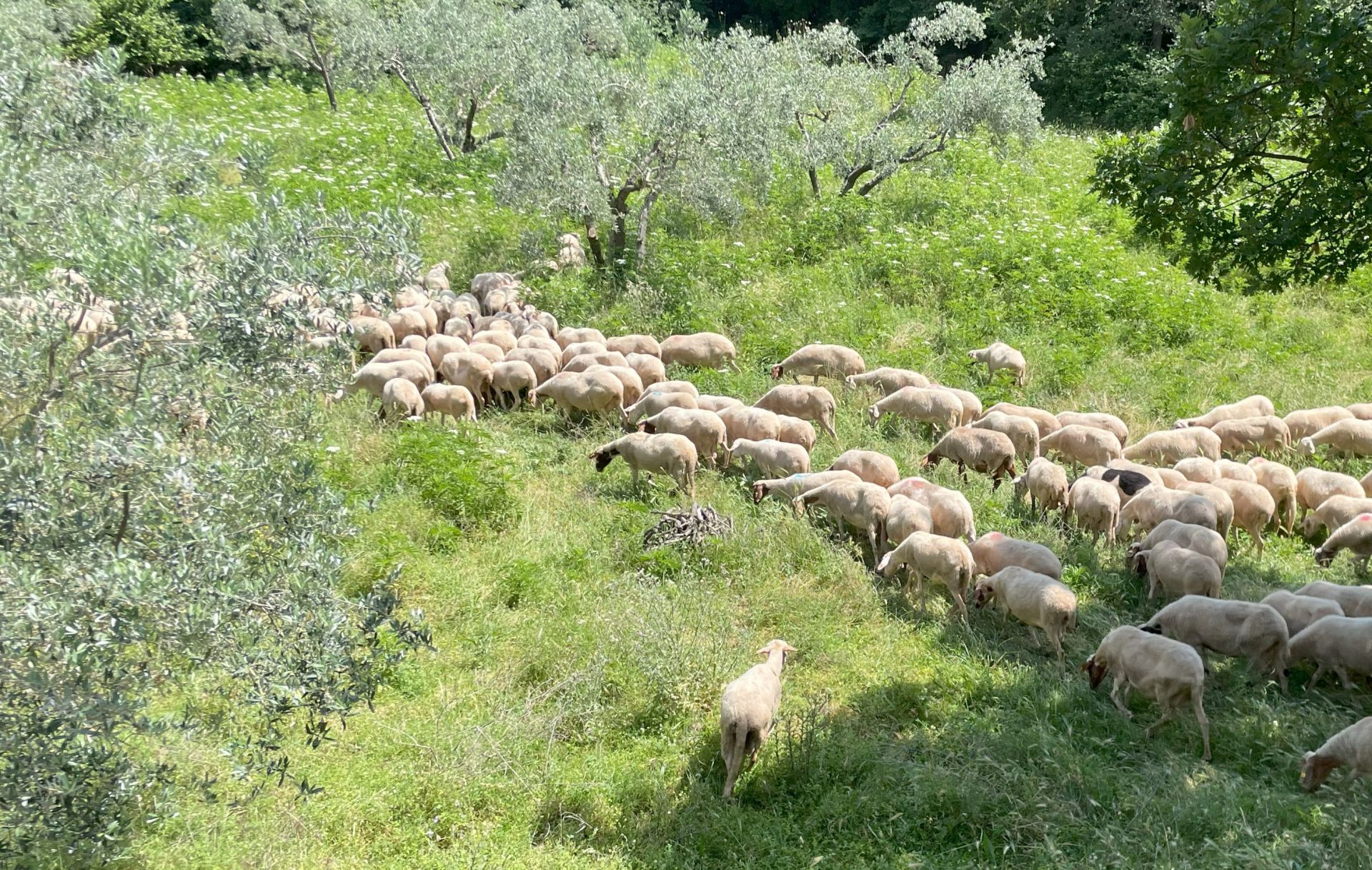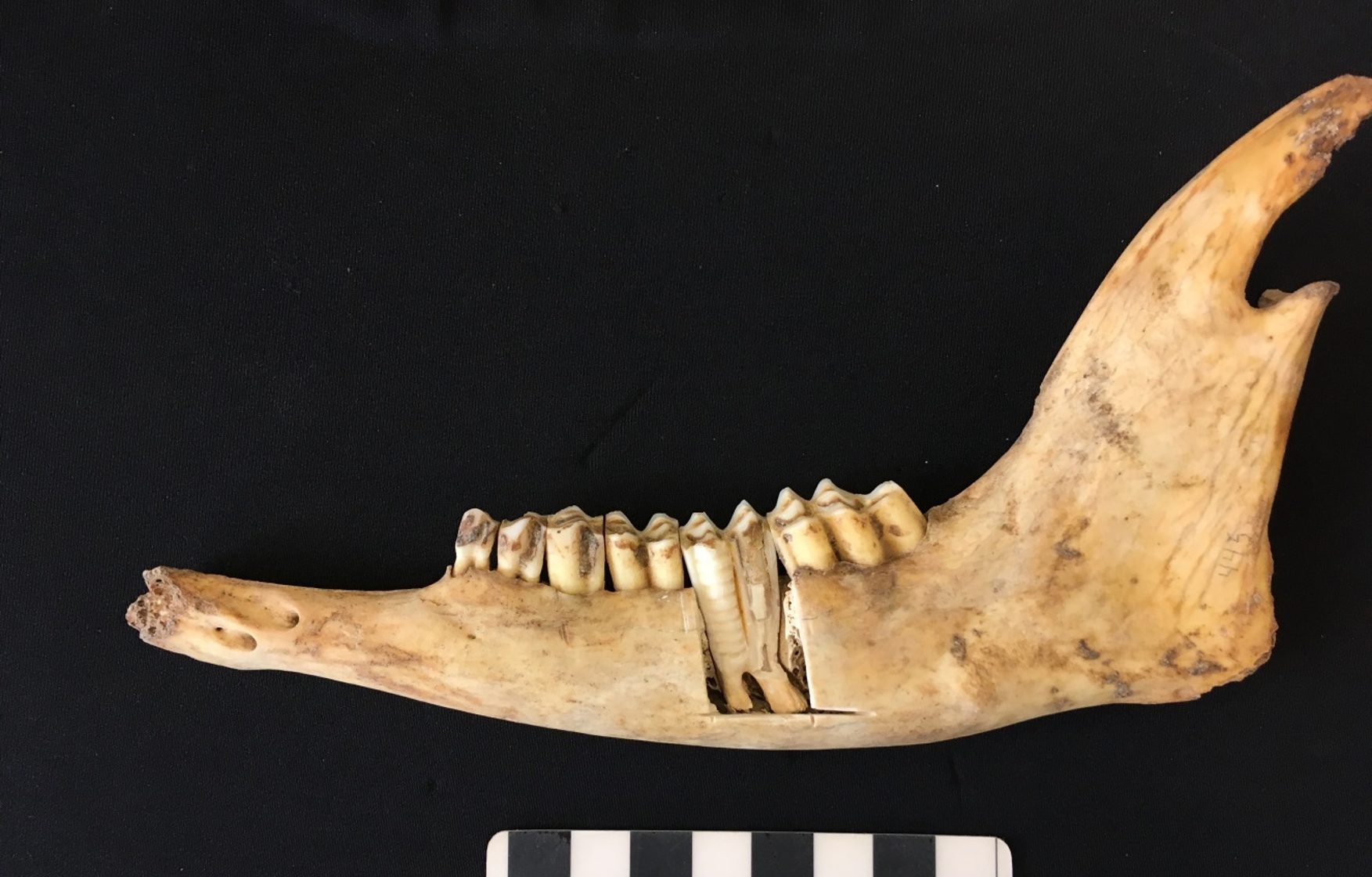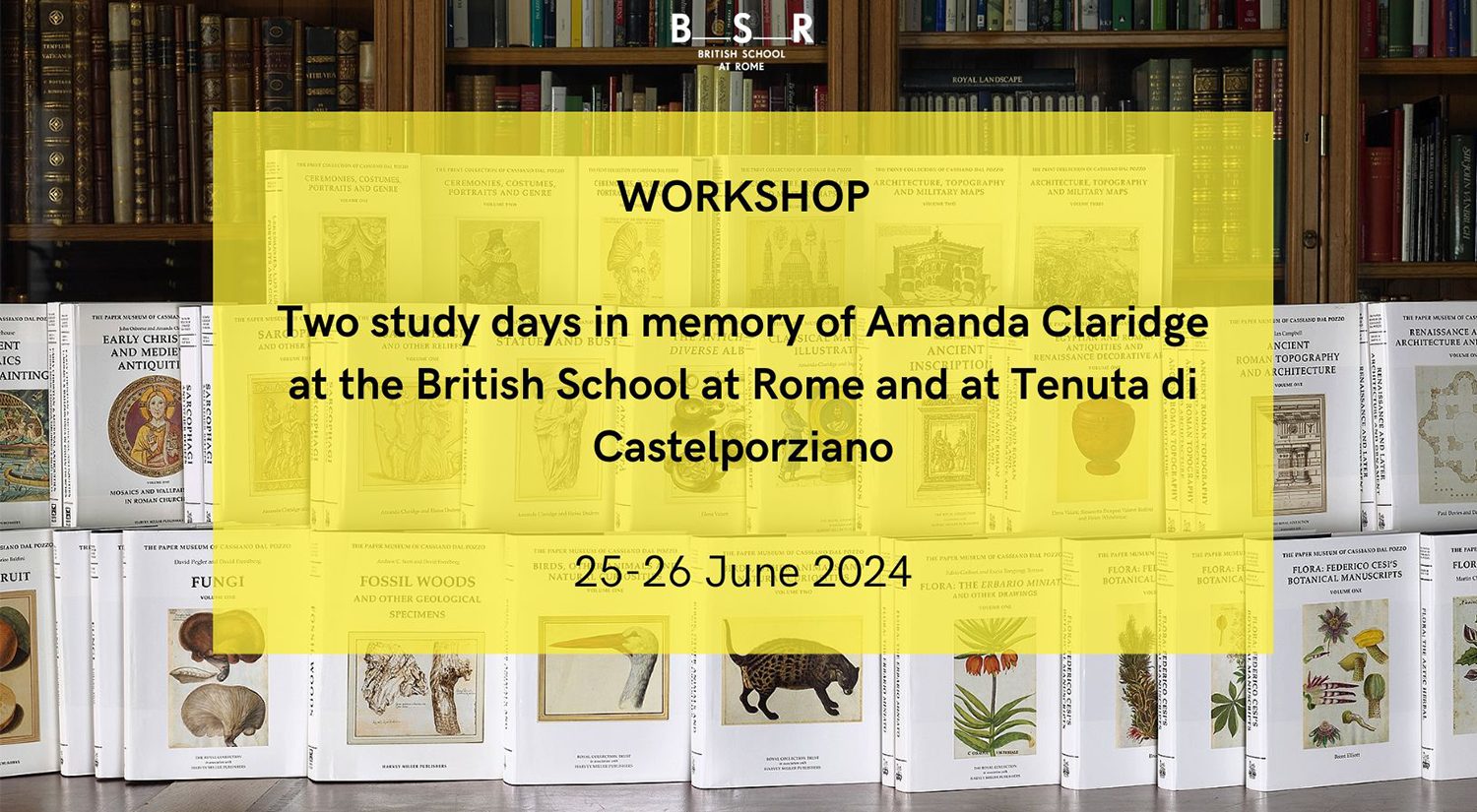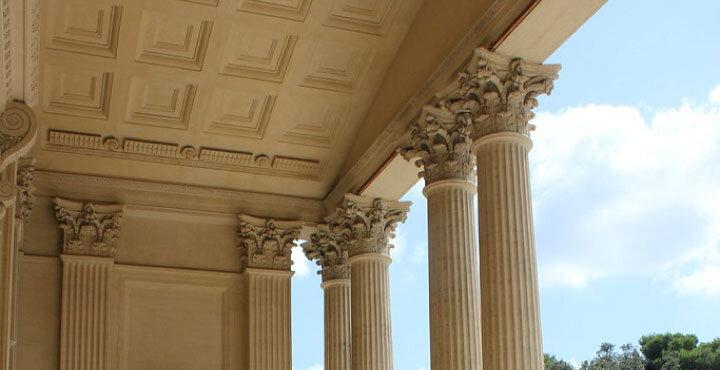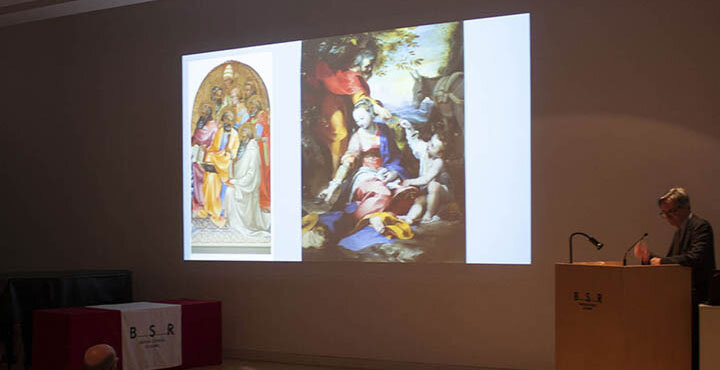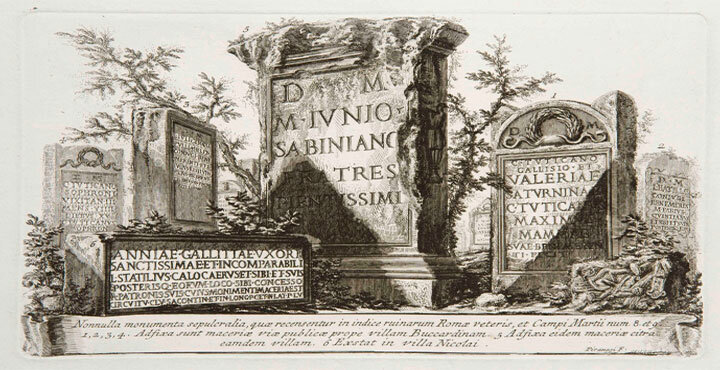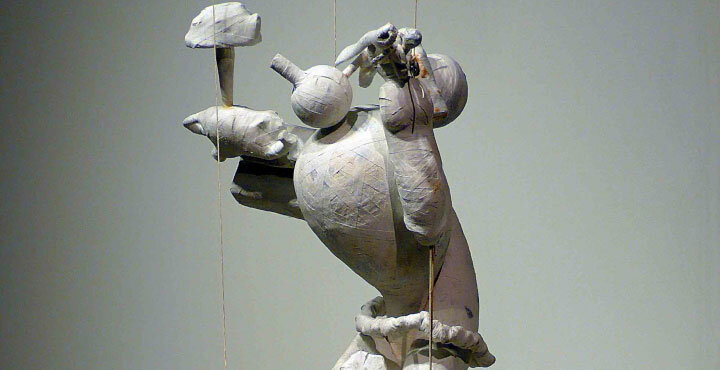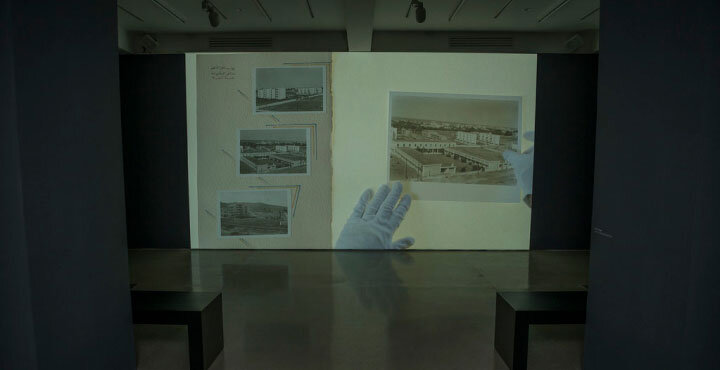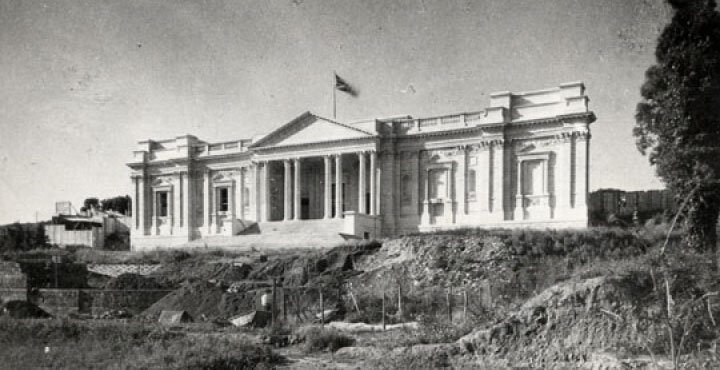Over 2500 years ago, some of the earliest cities in western Europe emerged in central Italy. By the middle of the first millennium BC, these settlements possessed all the physical attributes classically ascribed to a city, from monumental buildings to organised urban space. Archaeological investigations provide ample testament for the form of these settlements, but how did they function? Surplus production in an agricultural hinterland fuelled the rise of these early cities, but there is little direct evidence for how and where staple crops and livestock were produced. Did people and animals flow unimpeded across and beyond the hinterlands of central Italy’s early states? Or did a contested territorial landscape also shape rural production?
This talk presents new results from UrbanHerds, a collaborative research project investigating animal management and environmental exploitation in Archaic Italian cities (c. 600–400 BC). New isotopic results are contextualised with zooarchaeology and ancient sources to offer insight into pastoral strategies and animal mobility patterns (e.g. transhumance). Results shed new light on city-hinterland interaction and the nature territorial control at the dawn of European urbanism.
Angela Trentacoste is the Peter J Smith Fellow in Archaeology at The British School at Rome. Her research explores mobility, land use, and human ecology through reconstruction of agro-pastoral practices. She works at the intersection of environmental archaeology and archaeological science, combining zooarchaeological and isotopic evidence with ancient sources to investigate animal economies in complex societies. She has collaborated as an animal bone specialist on over a dozen excavations, and currently directs environmental research for the Roman urban excavations of the Tharros Archaeological Research Project in Sardinia. She has held research positions at Oxford on the Oxford Roman Economy Project, ZooMWest (Zooarchaeology and Mobility in the Western Mediterranean) ERC grant, and her own Gerda Henkel research, as well as a Humboldt fellowship at the CAU Kiel. Her most recent publications focus on isotopic evidence for transhumance, the agro-ecology of the Roman expansion, and the economy of Roman religion, with an emphasis on an open science agenda.
The conference and plenary lecture will be accessible both in-person and online. Please register with the link above to attend online.

